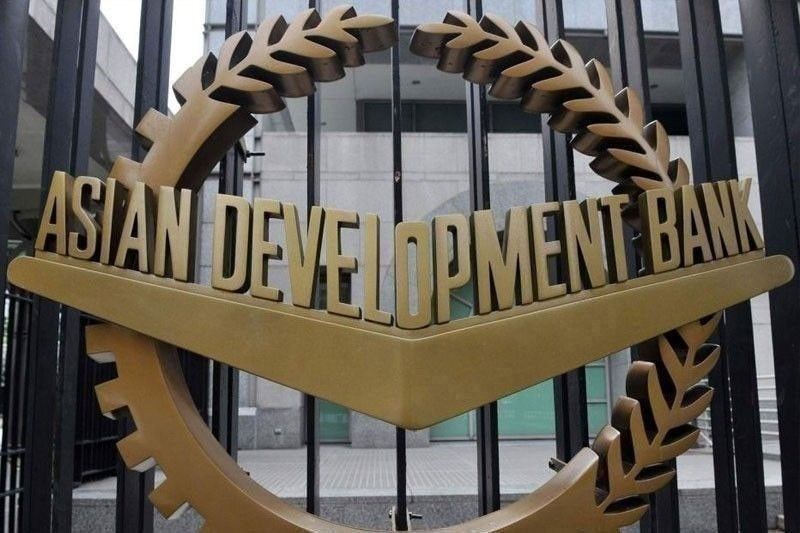ADB urges countries to lessen dependence on foreign borrowings

MANILA, Philippines — Developing countries in the Asia Pacific region, including the Philippines, should focus on boosting the mobilization of their domestic resources and reduce dependence on foreign borrowings moving forward.
On the first day of the 54th Annual Meeting of the Board of Governors of the Asian Development Bank, ADB president Masatsugu Asakawa said developing member-economies should focus on domestic resource mobilization (DRM).
This is the process through which countries raise and spend their own funds to provide for their people and is considered to be the long-term path to sustainable development finance.
Because of the pandemic and its socioeconomic impact, Asakawa said countries are under enormous pressure in terms of budget and public debt resulting amid large-scale fiscal expenditures.
“This pandemic has really increased the fiscal vulnerability of our developing member countries. So the DRM initiative is very, very crucial in this context,” Asakawa said.
“It will be a good idea for developing countries to try to rely on more and more domestic resources, by reducing their dependency on external finance,” he said.
While borrowing is needed and is not a bad thing, Asakawa argued that the accumulation of public debt, especially if the debt is denominated in US dollars, can be a cause of concern.
“Whenever any developed country, especially the US, starts to hike its interest rate in the context of monetary policy normalization, then quite often we see huge impacts put on the capital markets of both developing and emerging countries,” Asakawa said.
“Those are the kinds of pressures, first of all, for the interest hike in those countries, and then pressures for capital outflow, and then pressures on depreciation of their currencies,” he said.
As of the first quarter of 2021, the national government’s gross borrowings doubled to P1.38 trillion, inclusive of domestic financing and financing from external sources.
Financing from external sources stood at P79.499 billion, with the bulk coming from program loans totaling P62.44 billion. Other external sources were project loans totaling P17 billion.
In 2020, the share of the country’s debt to gross domestic product (GDP) expanded to 54.5 percent from the record-low 39.6 percent in 2019.
The Department of Finance earlier said the country’s sovereign debt rating remains stable and would continue to have good access to external commercial borrowings and official development assistance.
Further, Asakawa emphasized that domestic resource mobilization should focus on taxation and tax revenues.
“There’s much room for countries to increase tax revenue by restructuring their tax policy or enhancing tax administration capacity. Asia-Pacific would continuously attract foreign investment in the form of investment by multinationals,” Asakawa said.
“That’s fine, they are welcome to come here, but if multinationals are coming here and conducting economic activities and making profit, then they should pay a fair amount of tax,” he said.
In developing Asia, tax yields only average at about 17.6 percent of GDP, well below the regional average of 24.9 percent.
Even before the pandemic slashed government revenues, many economies had low levels of tax income with inequitable tax systems, high levels of tax evasion, and weak tax administration.
Last year, Philippine government revenues dipped nine percent to P2.84 trillion.
ADB maintained that options to mobilize fresh resources are wide.
These include removing exemptions for personal income tax, imposing wealth and inter-generational taxes, putting in place carbon and environmental taxes, as well as taxing the digital economy. Property taxes also offer significant scope for raising revenue.
In the Philippines, the government is carrying out a property valuation reform program which is expected to boost real property tax collections by 25 percent from 2023.
- Latest
- Trending




























